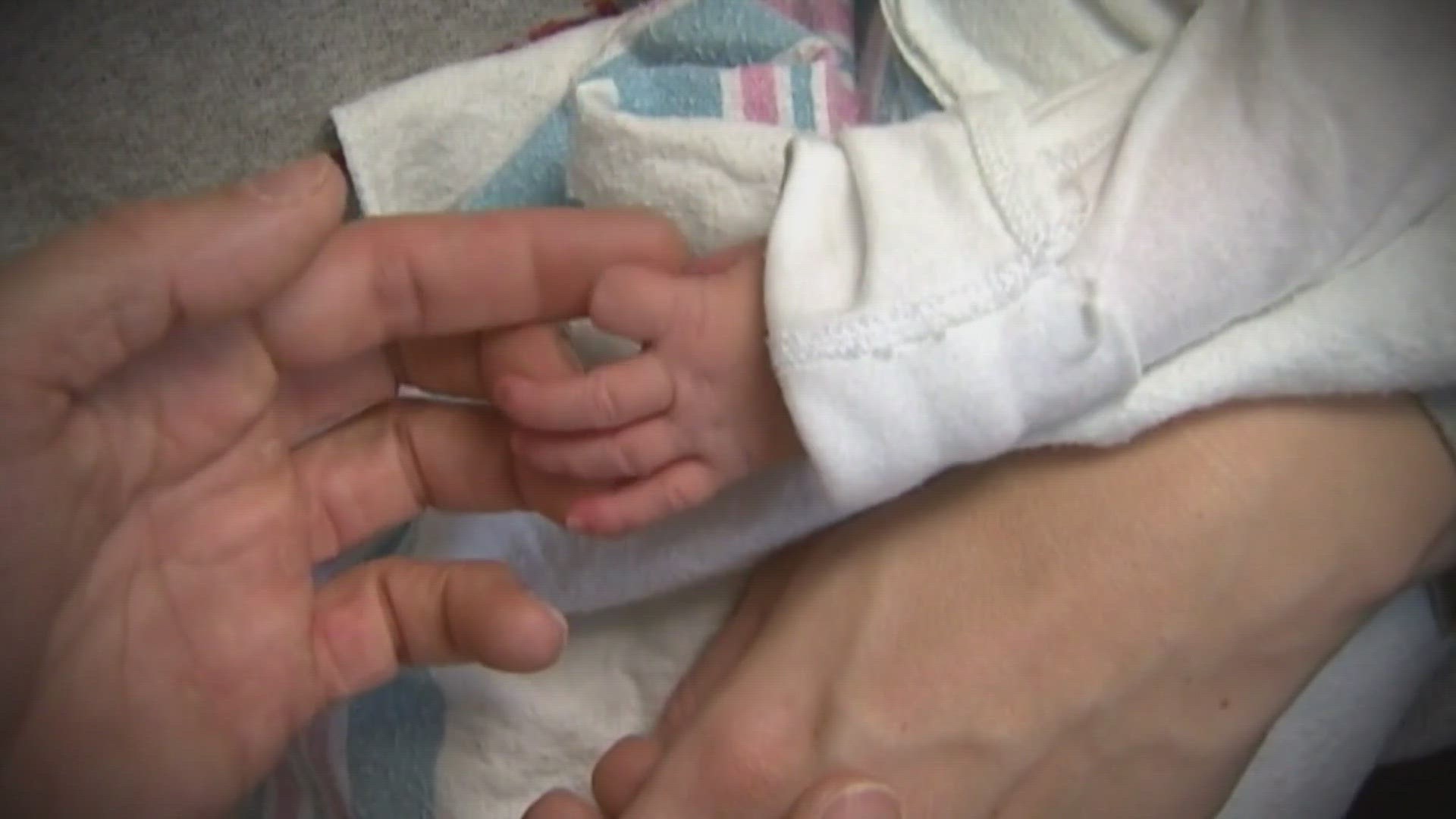AUGUSTA, Maine — Editor's note: The video attached to this story was published May 25.
The Maine Legislature's budget-writing committee has reached a bipartisan compromise on the remaining $800 million to $900 million in spending in the upcoming budget, providing startup funding for paid family leave, investing more in child care and providing tax cuts for retirees.
The Appropriations and Financial Affairs Committee began voting after midnight and didn't wrap up until nearly 4 a.m. Wednesday. The panel adopted the plan on an 11-1 vote.
It's unclear when the full Legislature will take up the spending proposal, which follows approval of a nearly $10 billion essential services budget along party lines in March to prevent a state government shutdown. It's possible the Maine Senate won't reconvene until next week, after the Fourth of July holiday.
The proposal includes startup costs for a paid family leave program that both chambers support, along with additional spending for child care workers and to boost a child care affordability program. It also includes more money for emergency medical services and a cost-of-living adjustment for state government retirees.
The proposal includes some tax relief sought by Republicans, increasing the annual income tax pension deduction to $30,000 last tax year to $35,000 for all retired Maine residents this tax year, and more in coming years. It also establishes a Maine Dependent Tax Credit that provide a $300 exemption starting in 2025.
“These investments make clear what Maine values — our people and families,” Sen. Peggy Rotundo, D-Lewiston, one of the committee co-chairs, said in a statement Wednesday.
Some had expected bigger tax cuts.
Jason Posik, communications director for the conservative Maine Policy Institute, said Republicans went from posturing for $200 million to $400 million in tax cuts to winning a paltry $48 million in tax relief for retirees.
“Republicans are selling the farm and signing off on this big spending bill for such a small concession. You’re looking at a state government that’s never been more flush with cash than it is right now,” he said.

